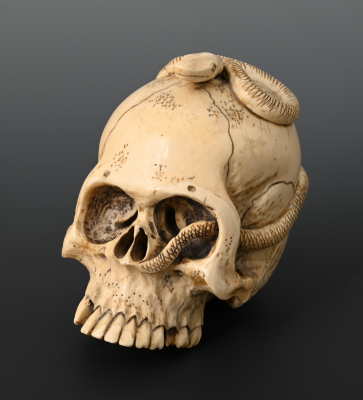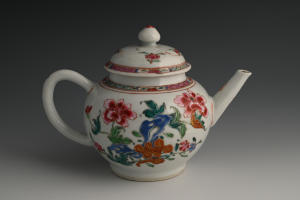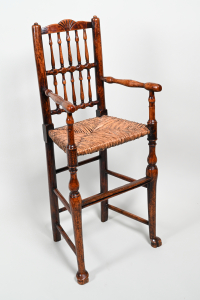A Japanese ivory skull
- Period:
- Meiji period (1869-1912)
- Dimensions:
- 8 x 6.5 x 10 cm
- Reference:
- 100-642
€ 4350
- Share
A Japanese ivory skull
The skull symbolizes the Latin motto "memento mori" which stands for "remember to die." It reminds the possessor of his mortality and the brevity of his life. In the 17th and 18th centuries, many vanitas symbols were used in art to express the emptiness and impermanence of life with the counterpart of "carpe diem," which stands for "seize the day," the exuberant celebration of life. The private possession of a skull, in this case made of ivory, reminded the owner that he was not divine, but mortal. The skull served as a warning or could make you think about how to live better. Such objects, from small to large, were often kept in art cabinets or study rooms, to display and serve as subjects of conversation.
Japan, Meiji period, 1896-1912
With CITES certificate no. 23NL316613/20















